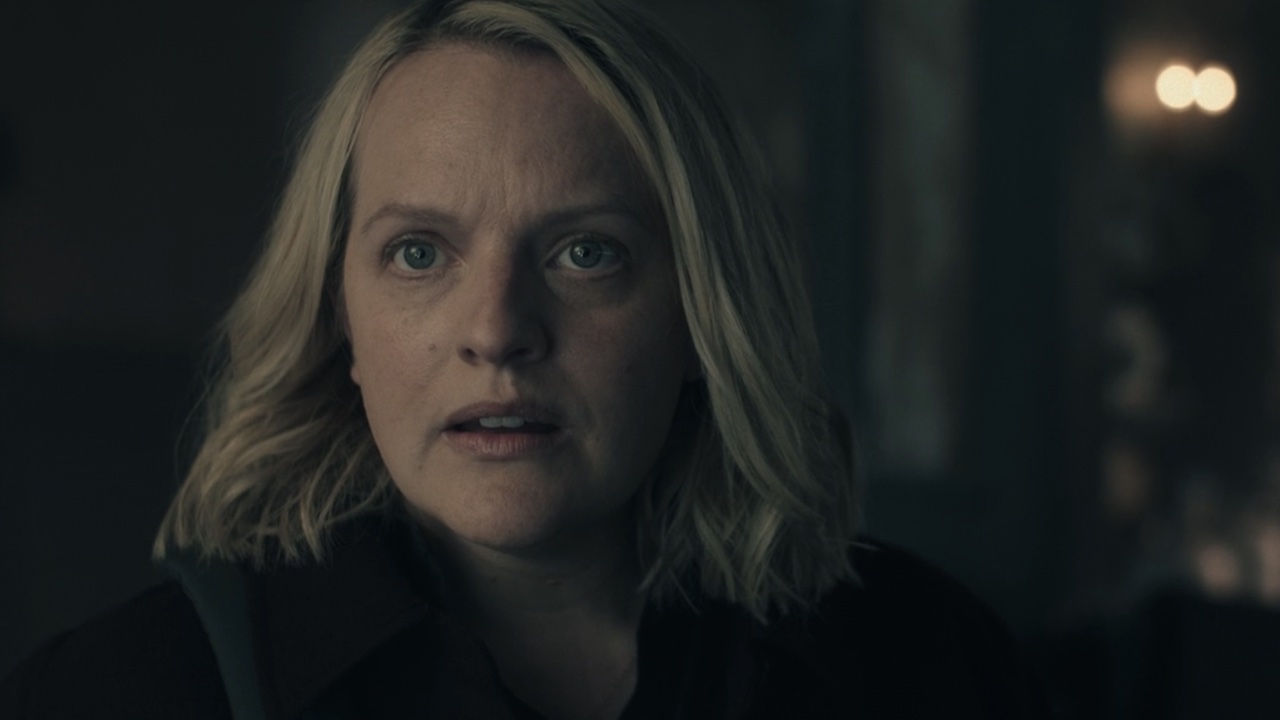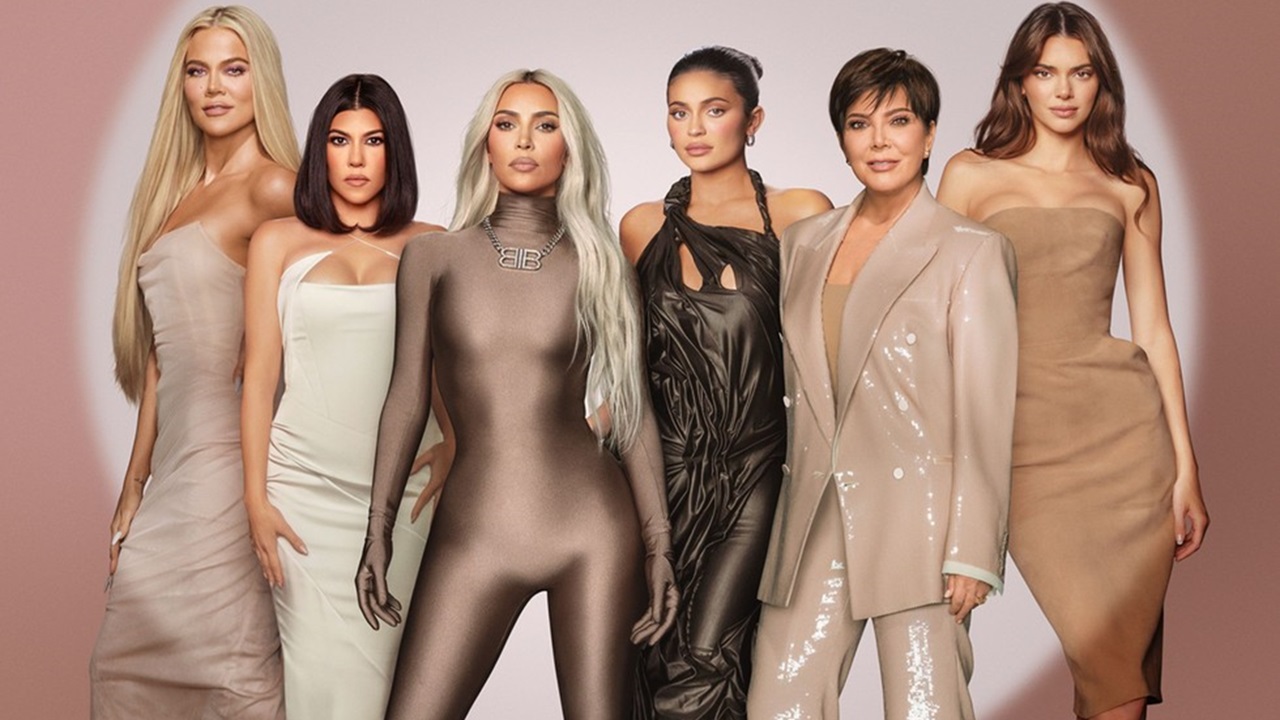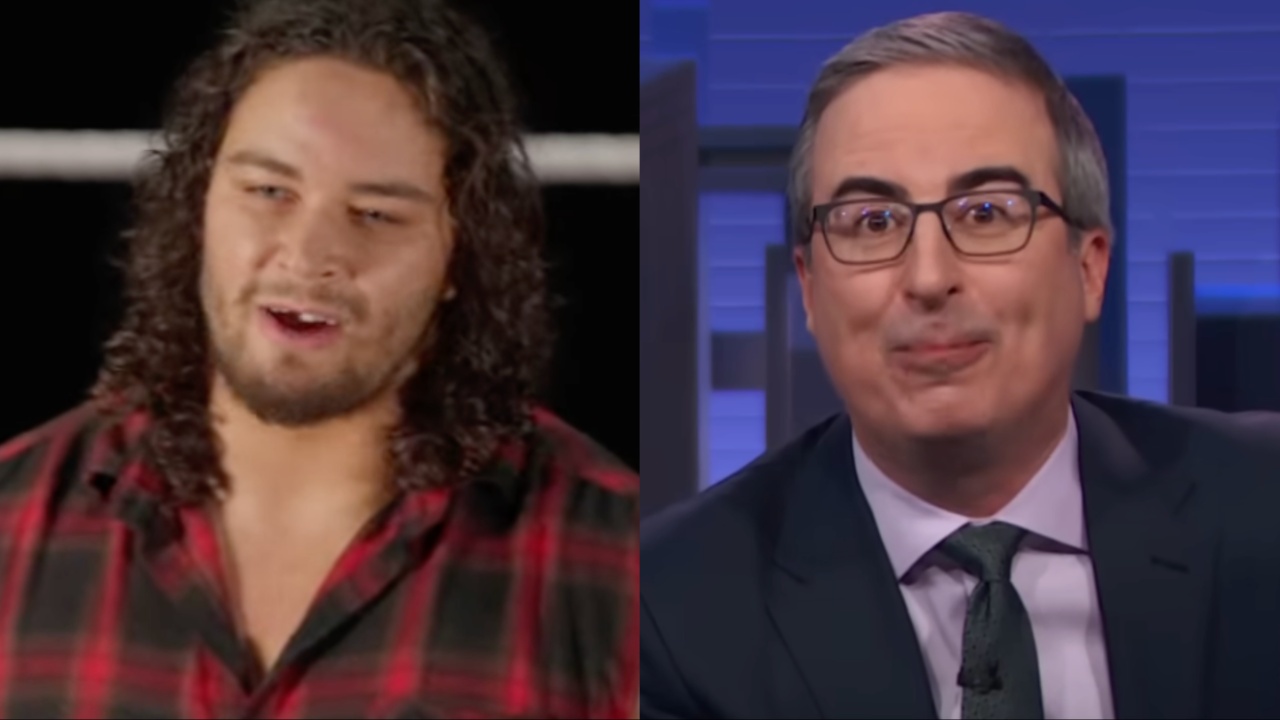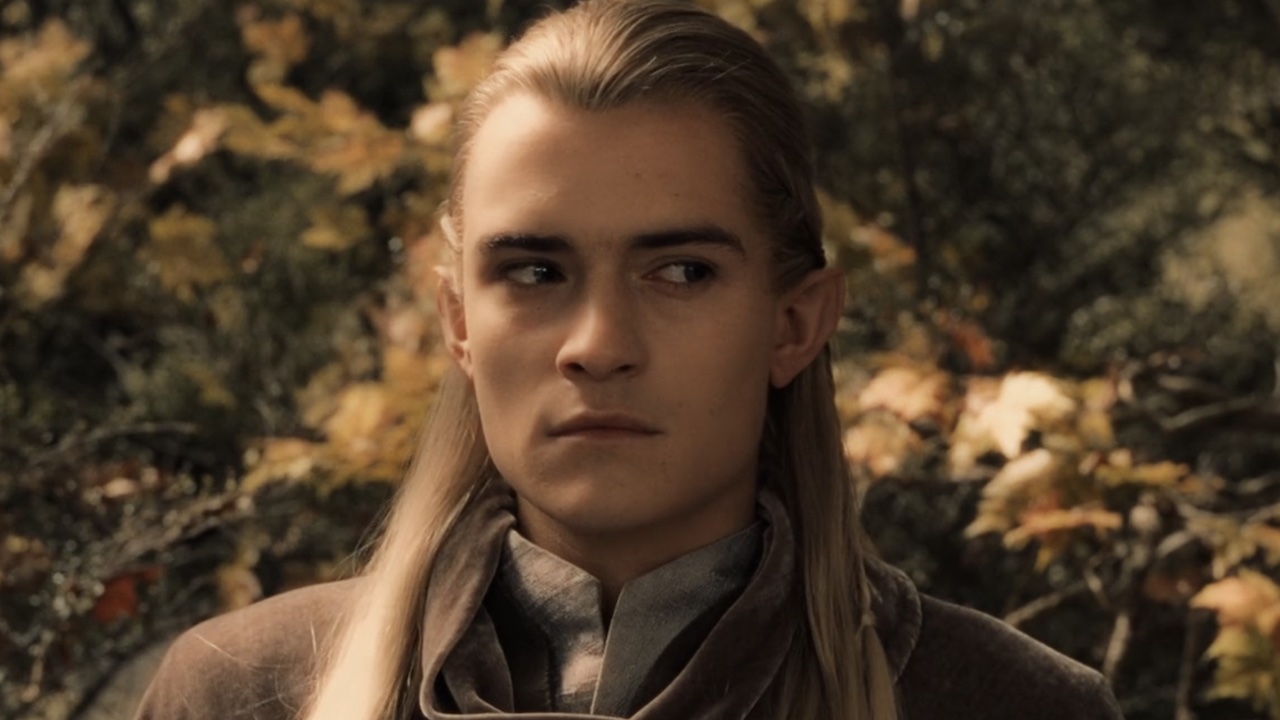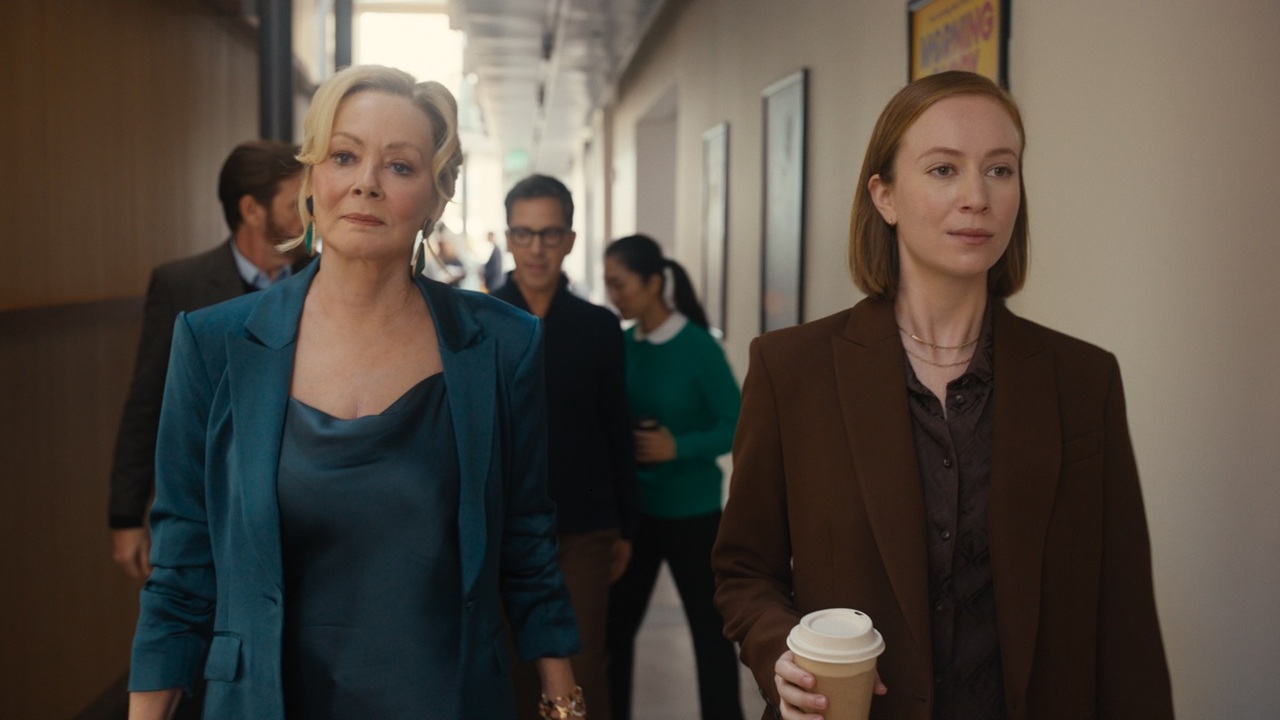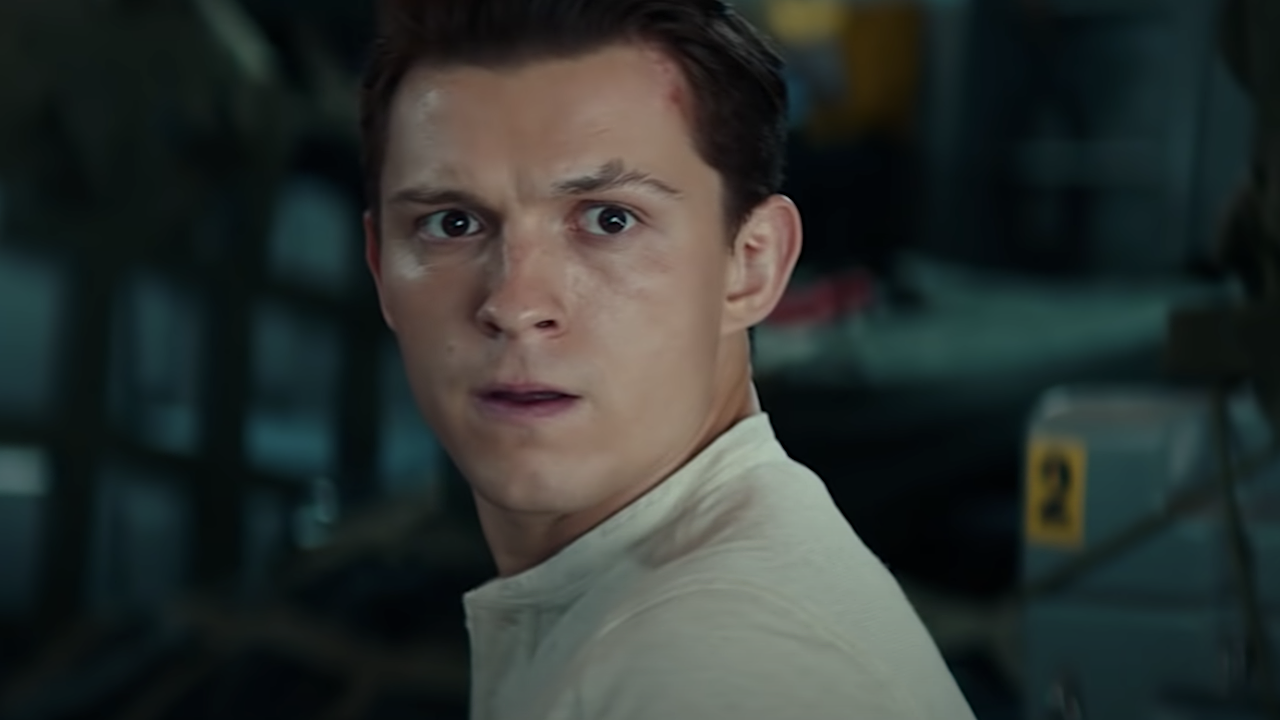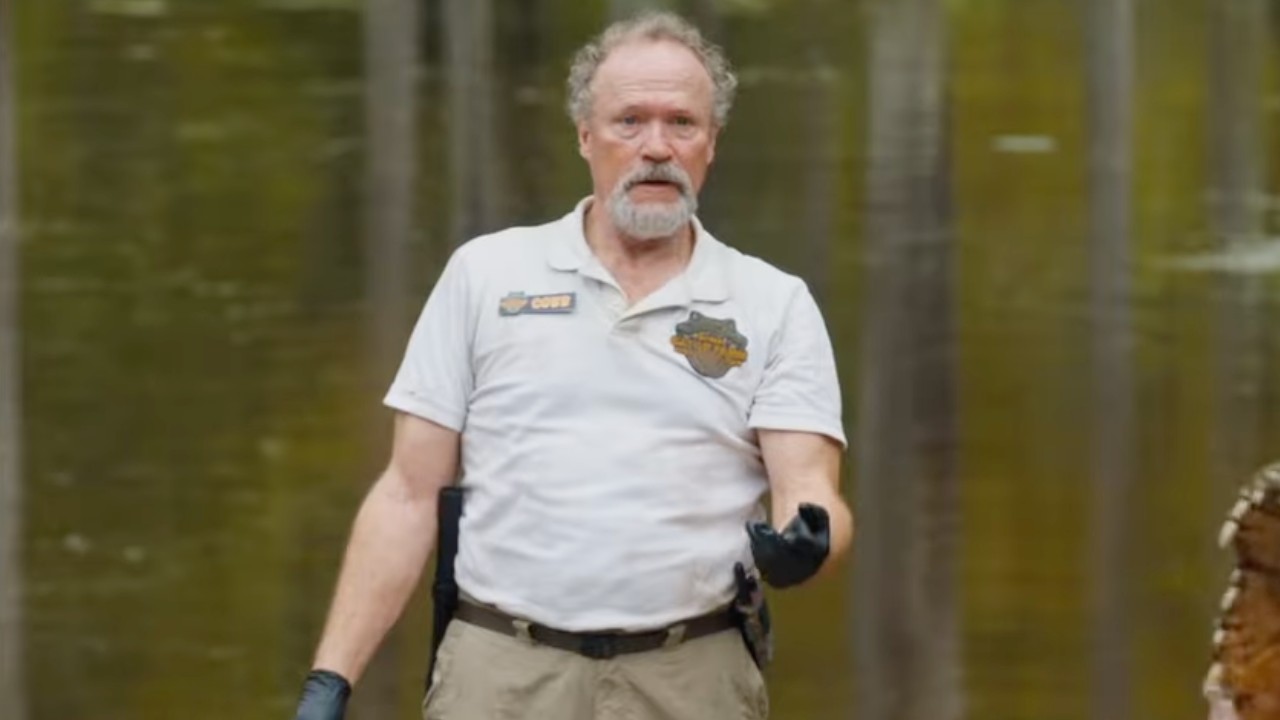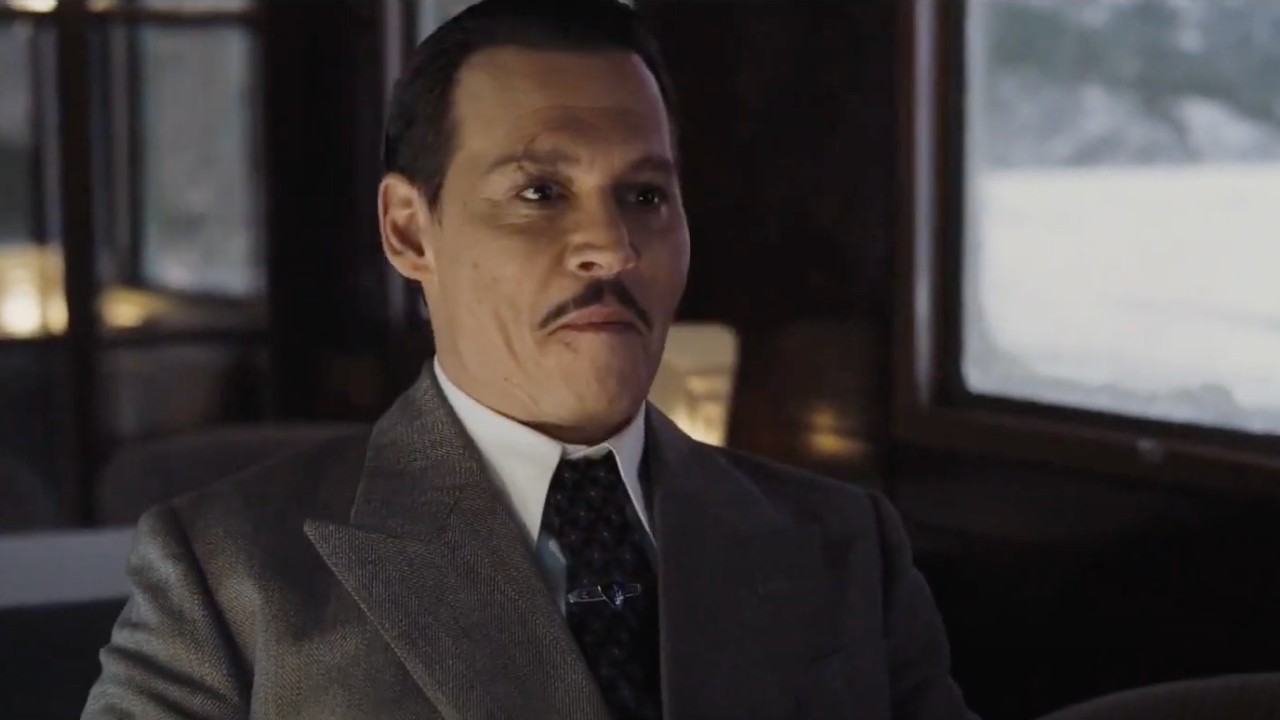Space Force: 3 Things That Work About The Netflix Series And 4 Things That Don't
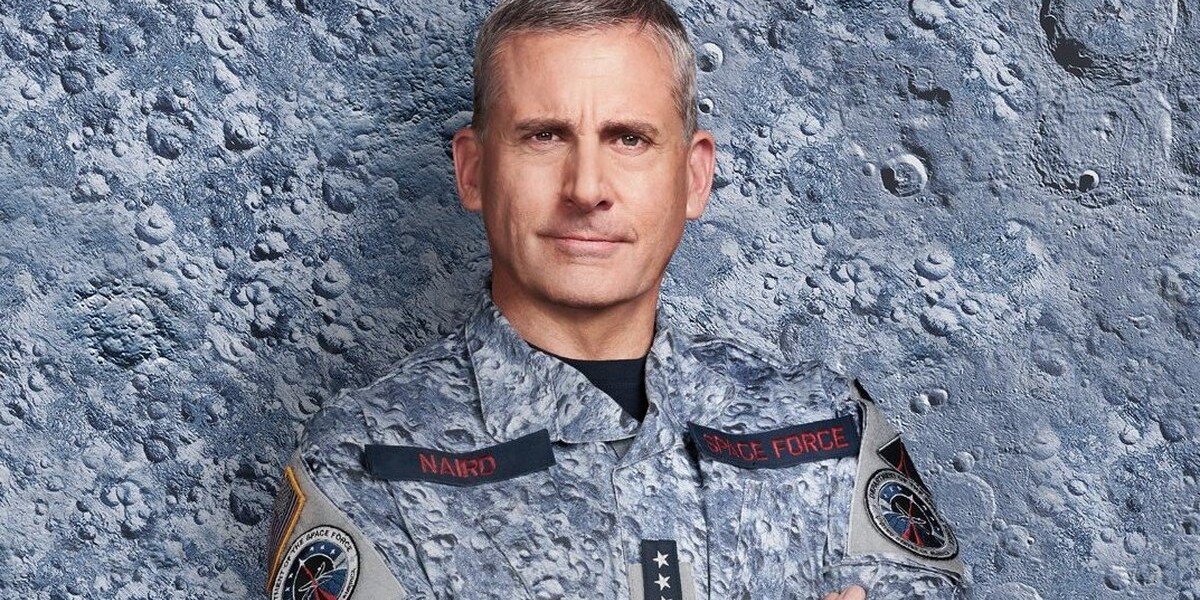
At the end of May, Netflix unveiled Space Force, created by The Office's Greg Daniels and Steve Carell. Naturally, expectations were high for this much-anticipated streaming series, but early reviews claimed it doesn't exactly take liftoff with its 10-episode introduction. While it's safe to say that not every Greg Daniels workplace sitcom found its footing in their first seasons, it's hard to know if this show will get a second spin with its high budget and sky-high expectations from the streaming service.
So, let's take a look at three things that work in this expensive new sitcom and four things that don't.
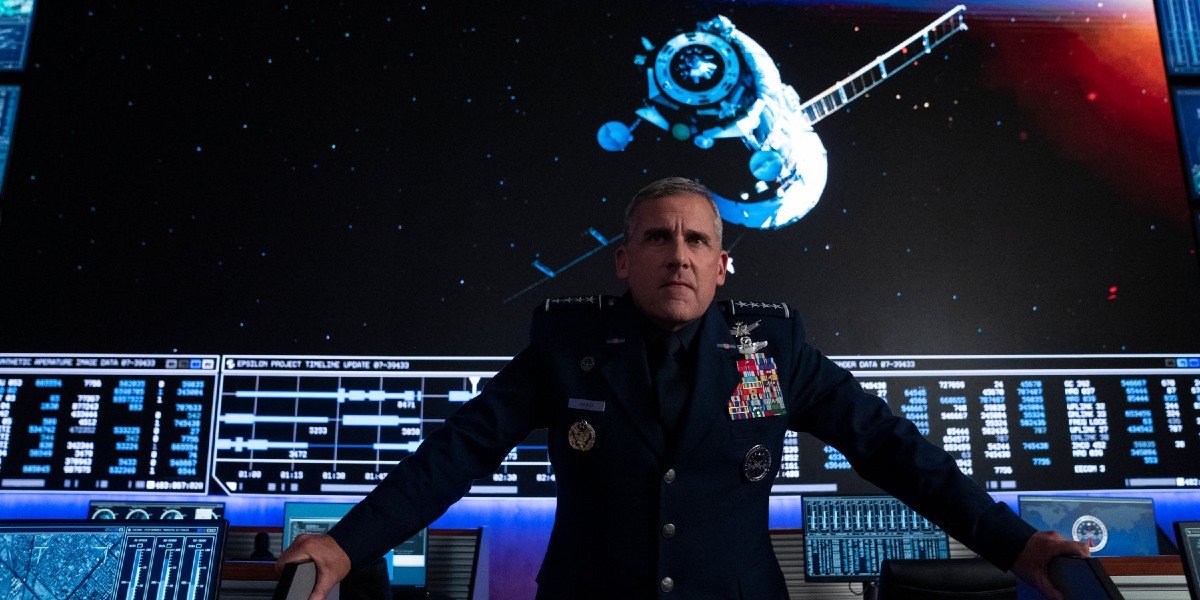
Works: It's High-Concept Comedy With A Big Budget And The Concept Is Inspired
Even though we've seen a rise in more comedy shows, notably thanks to streaming services like Netflix, most modern sitcoms tend to be low instead of high-concepts. There are exceptions, like The Good Place, Miracle Workers, Upload, and Avenue 5, to name some recent examples, but you're more likely to find low-concept comedies on the tube, mainly due to budget restraints and other imposing factors. So, whenever you see a series as high-concept as Space Force, you want to celebrate it. Clearly, it has a big budget, including lavish sets, high-profile stars, and high-quality special effects (at least by television standards). Plus, the general premise, which appears to be inspired by a real Space Force launched by President Donald Trump, is an inspired one with fruitful potential.
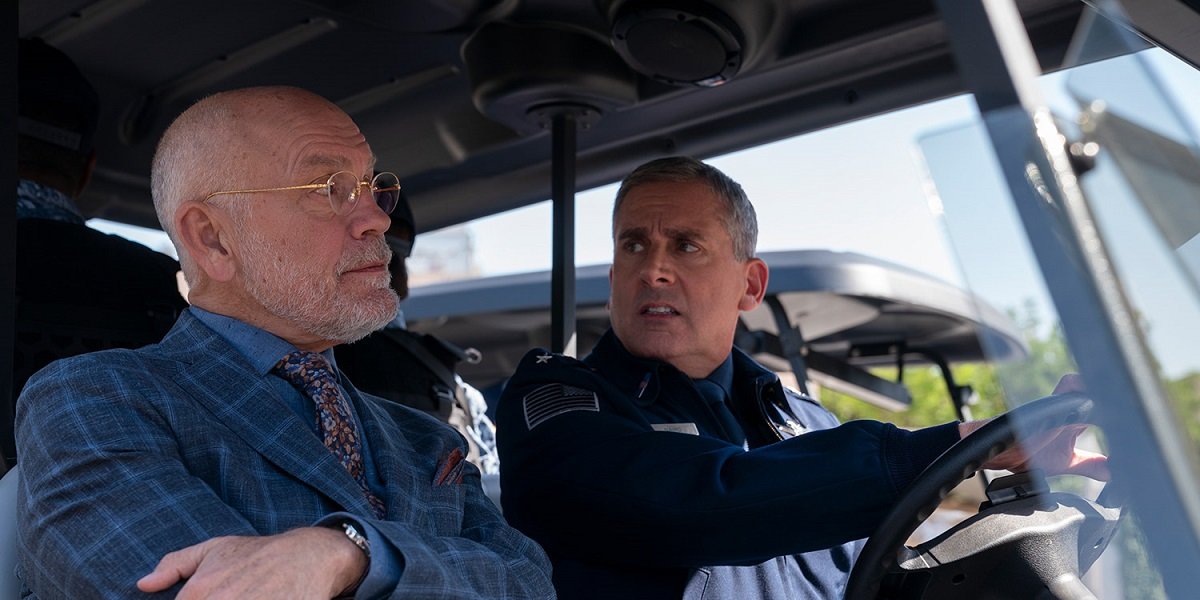
Doesn't Work: The Jokes Are Hit-And-Miss And The Political Satire Is Dull
It's impressive that Netflix footed the sizable bill on such a promising premise, but the jokes themselves don't always take off. While there are chuckles abound, Space Force never excels as it should in this first season, relying on the cast as opposed to the material to find the spark. It's a shame because it feels like everything should work, but the writing doesn't reach the heights of Greg Daniels' past work. The concept is strong, but the jokes don't hit as often as they miss. Furthermore, as we'll discuss in more detail later on, the political satire is shallow and aimless, never striking as hard as it could or should. There's no denying the comedic talents of the folks involved, but they don't propel Space Force as high as you'd hope.
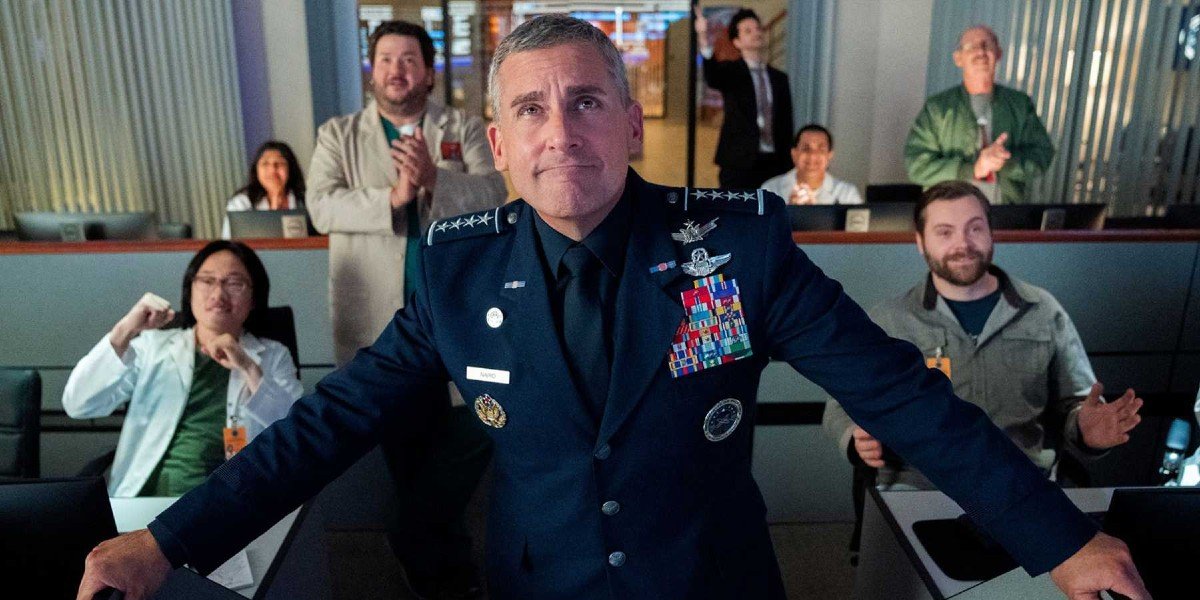
Works: It Has A Great Cast, Especially The Supporting Cast
When it comes to casting, Netflix spared no expense. Nearly everyone involved is a recognizable talent, including (but not limited to) Steve Carell, John Malkovich, Ben Schwartz, Diana Silvers, Noah Emmerich, Jimmy O. Yang, Jane Lynch, Patrick Warburton, and the late, great Fred Willard in his last TV role. It's an outstanding cast; while the material doesn't match their talents, it's hard to make something completely devoid of wit or personality with all these noteworthy stars and/or bright comedic talents. Some actors fare better than others (this isn't Schwartz's finest hour, for instance). We'll get to Carell next. But Malkovich, Silvers, and especially Willard get moments to shine. Certainly, Willard's warm presence makes his passing even harder.
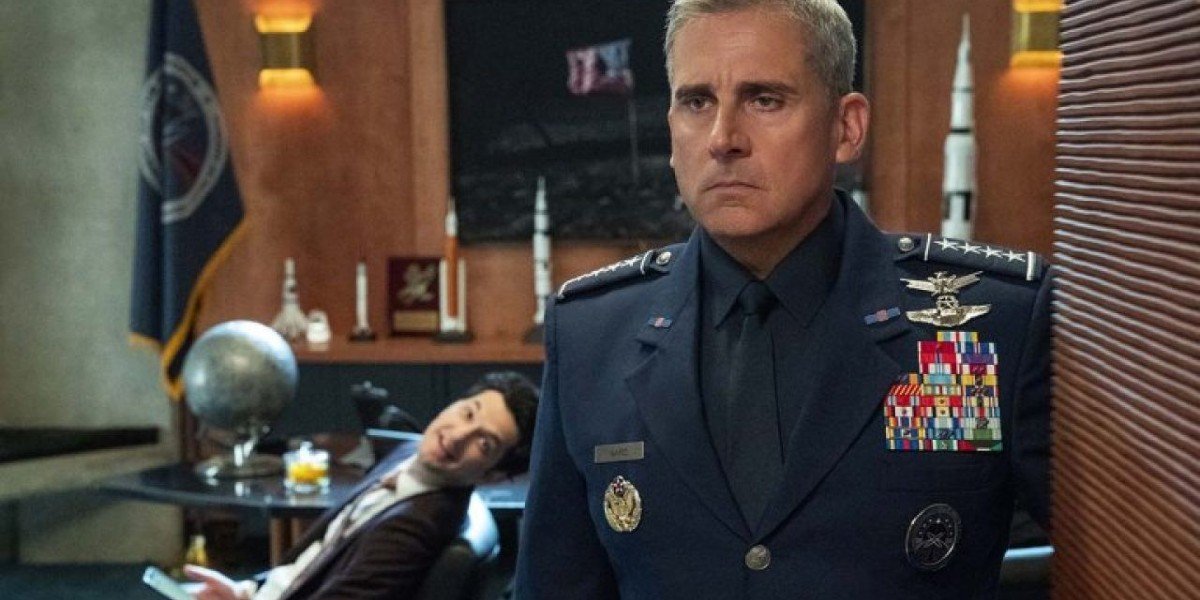
Doesn't Work: Steve Carell's Character Seems Under-baked
Though they changed over time, our leads in The Office and Parks and Recreation — Michael Scott and Leslie Knope, respectively — were definable in some specific ways. Michael was brash, glib, ignorant towards others, and just plain dumb at times, but he typically meant well and had his employees' interests at heart. Likewise, Leslie was exuberant, relentlessly positive, and an absolute over-achiever, but she firmly believed that the government should serve the people and dedicated her life to making the country (or, at least, her county) a better place. When it comes to General Mark R. Naird, played (and co-created) by Steve Carell, it's hard to get a grasp on who he is and what he values. Frankly, he's under-baked.
Similar to either or both of these other Greg Daniels characters, Steve Carell's character is patriotic, determined, arrogant, and eager to impress. In those respects, you can tell Mark R. Naird came from the same mind as The Office creator. But outside of Naird's motivations to serve his country and be a good leader for this bold government project, Naird is vague. There are times where he's dumb and overly-confident, like Michael Scott. But he's also a more thoughtful, subdued character in other scenes. He'll be loud and boisterous, not unlike Carell's Gru in Despicable Me (you hear Gru's voice come out sometimes), and he'll be reflective and contemplative. It's too broad and undefined. It's understandable that Carell wouldn't want to do Michael Scott 2.0, but General Naird's character layout is indistinct and indecisive.
CINEMABLEND NEWSLETTER
Your Daily Blend of Entertainment News
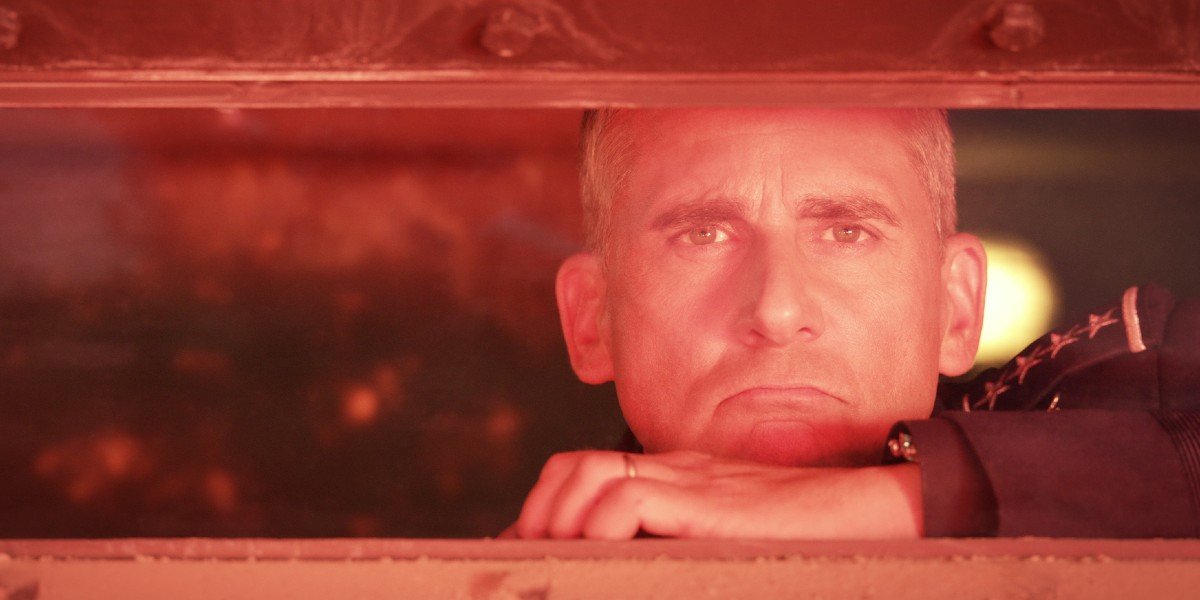
Works: Space Force Moves At A Great Clip And The Style Is Fun And Zippy
There are several sitcoms out there who give little-to-no consideration to their visual style. Or, at least, that's how it seems. If they're funny, it doesn't matter, but it's easy to think about many modern comedy movies or shows with flat visual presentations. To Space Force's credit, that's not the case here. The camera is constantly moving, the editing is brisk and sharp, and it zips by at the same fast clip as its characters. Given how high stakes everything is for this ill-formed government division, Space Force reflects the constantly-heightened challenges of its characters through its zippy, energetic visual style. There are also influences to Stanley Kubrick films like 2001 and, naturally, Dr. Strangelove. It doesn't overshadow story/writing flaws, but it does occasionally give this series pop and playfulness, reflecting its peppy presentation.
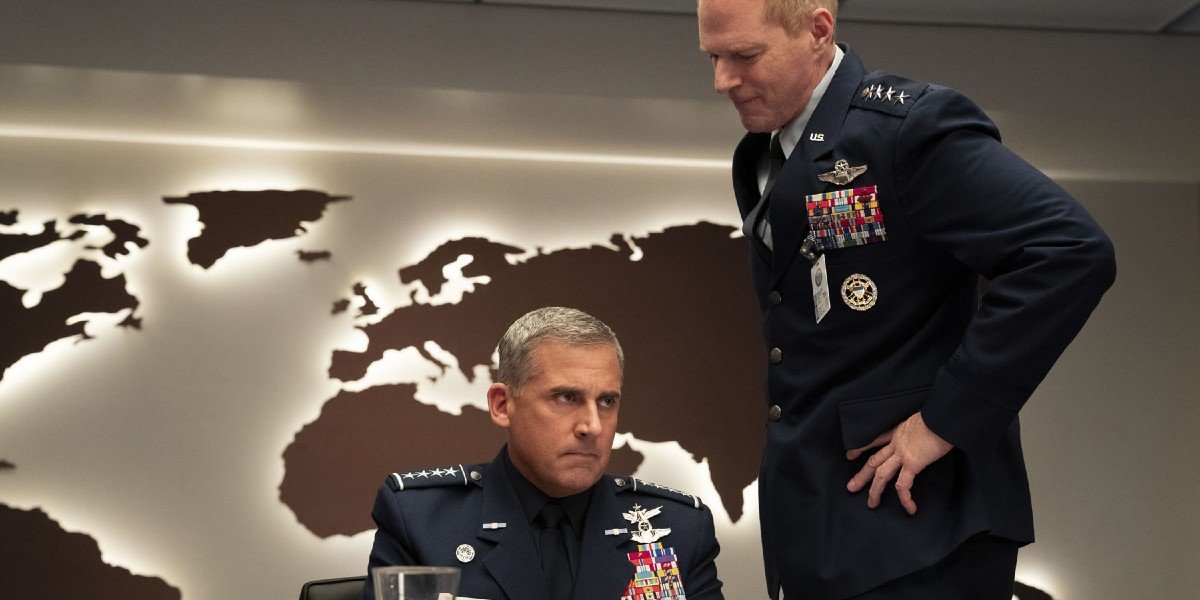
Doesn't Work: The Commentary Isn't Well-Defined And The Tone Isn't Very Consistent
When it comes to satires, especially ones with a political edge, the commentary needs to be pointed and precise. The targets need to hit and they need to hit hard. Otherwise, it doesn't stick. But above all else, as I've noted already, it needs to be funny. In addition to Space Force's inconsistency in the yucks territory, the commentary isn't well-defined. It doesn't poke too much fun at our government's expense, nor does it say much of anything about the current state of America — beyond the government's overspending on or overstimulating what might be a futile effort, by-and-large. Furthermore, the tone isn't consistent either. Notably, the comedy ranges from wacky to refrained, never finding its balance.
The jokes range from sophisticated to lowbrow. There's nothing wrong with either approach, but Space Force doesn't pick a lane. Furthermore, the targets aren't specific either, never deciding if it wants to make fun of this elaborate government organization for its ineptitude, inexperience, overzealous attitude, or its indecisive leaders. The results are muddled and/or too safe. It should strive to be either more brutal or more winsome/appealing. This wishy-washy approach extends to its mature content. Space Force touts a TV-MA rating, but outside of some four letter words, it doesn't indulge in its ratings' liberties. For the most part, it's easy to forget that it's maturely rated — except when someone drops the f-bomb. By all measures, it should've been TV-14.
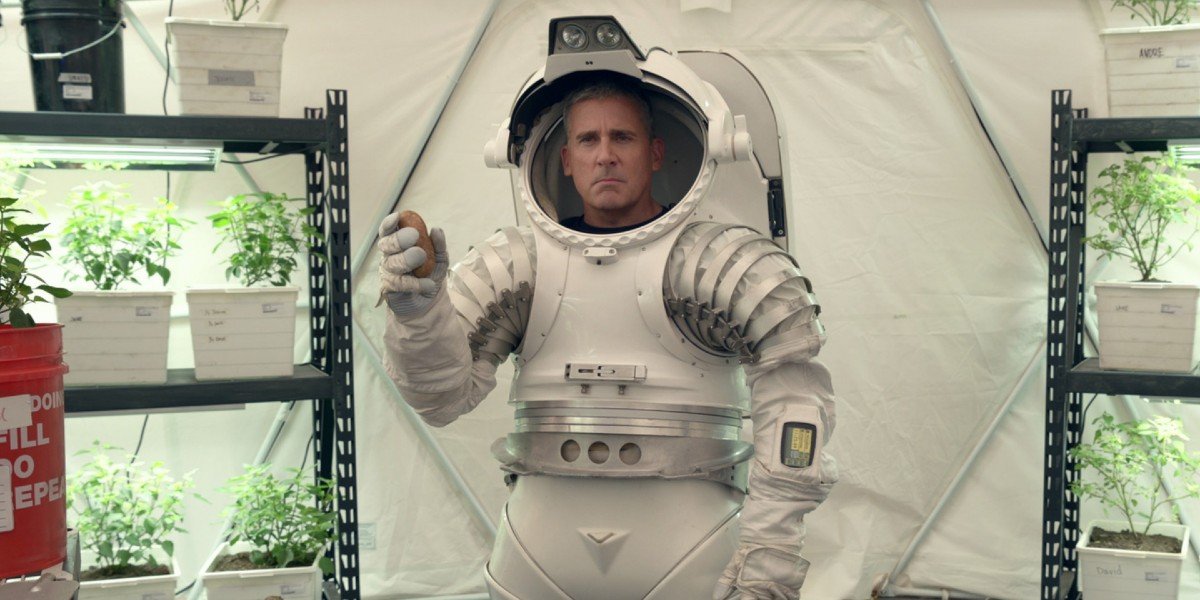
Doesn't Work: Compared To Greg Daniels' Other Workplace Sitcoms, It's Not As Relatable Or Endearing
One of the key reasons why King of the Hill, The Office, and Parks and Recreation succeeded is because they had an air of believability — even when the situations and characters found therein were heightened, exaggerated, or even extreme. All three shows established the characters in appealing, sometimes grounded, and endearing ways. They all had their charms and strengths. At their best, you could both laugh at and relate to them, not to mention feel for them in key scenes. You knew people like these characters. Even if their personalities were ballooned, these people reminded you of a friend, neighbor, family member, or your co-worker. Maybe yourself. Ultimately, the same can't be said for Space Force.
While there are strides made in select moments to make these characters more sympathetic, likable, and personable than they otherwise would be, the truth of the matter is that Space Force is filled with characters in high-ranking jobs with life-altering (and world-altering) stakes. It lacks the simplicity of Dunder Mifflin's paper company or Pawnee's Parks and Recreation Department. They're not as sincere or appealing as the folks in Greg Daniels' other workplace comedies. At least in these early episodes, Space Force doesn't have the same heart or charm of these other, ultimately better sitcoms. Granted, it's not meant to be as relatable or sympathetic. As a political satire, its perspective is more detached and less immersive, opting to follow characters we're not meant to connect with. That's fine. You don't need to like them to find them funny, but it might become an uphill battle.
What do you think of Netflix's Space Force? Do you think it's a blast or a total bust? Tell us in the comments!
Will is an entertainment writer based in Pittsburgh, PA. His writing can also be found in The Playlist, Cut Print Film, We Got This Covered, The Young Folks, Slate and other outlets. He also co-hosts the weekly film/TV podcast Cinemaholics with Jon Negroni and he likes to think he's a professional Garfield enthusiast.

